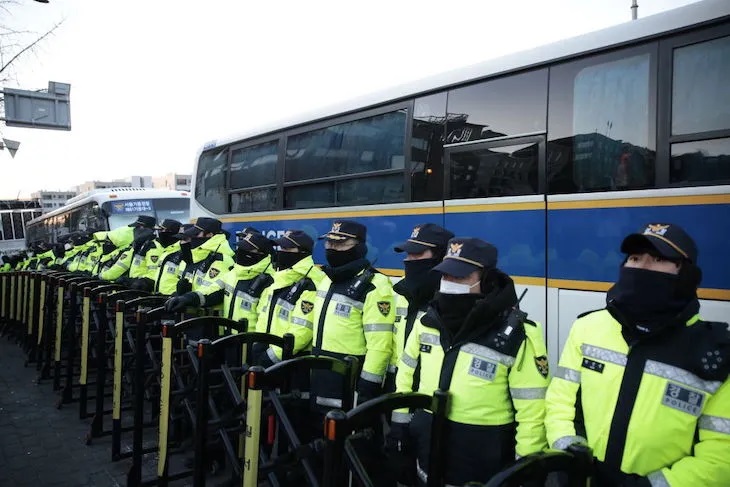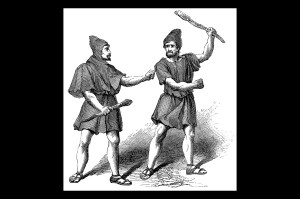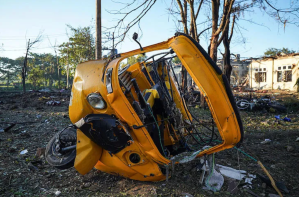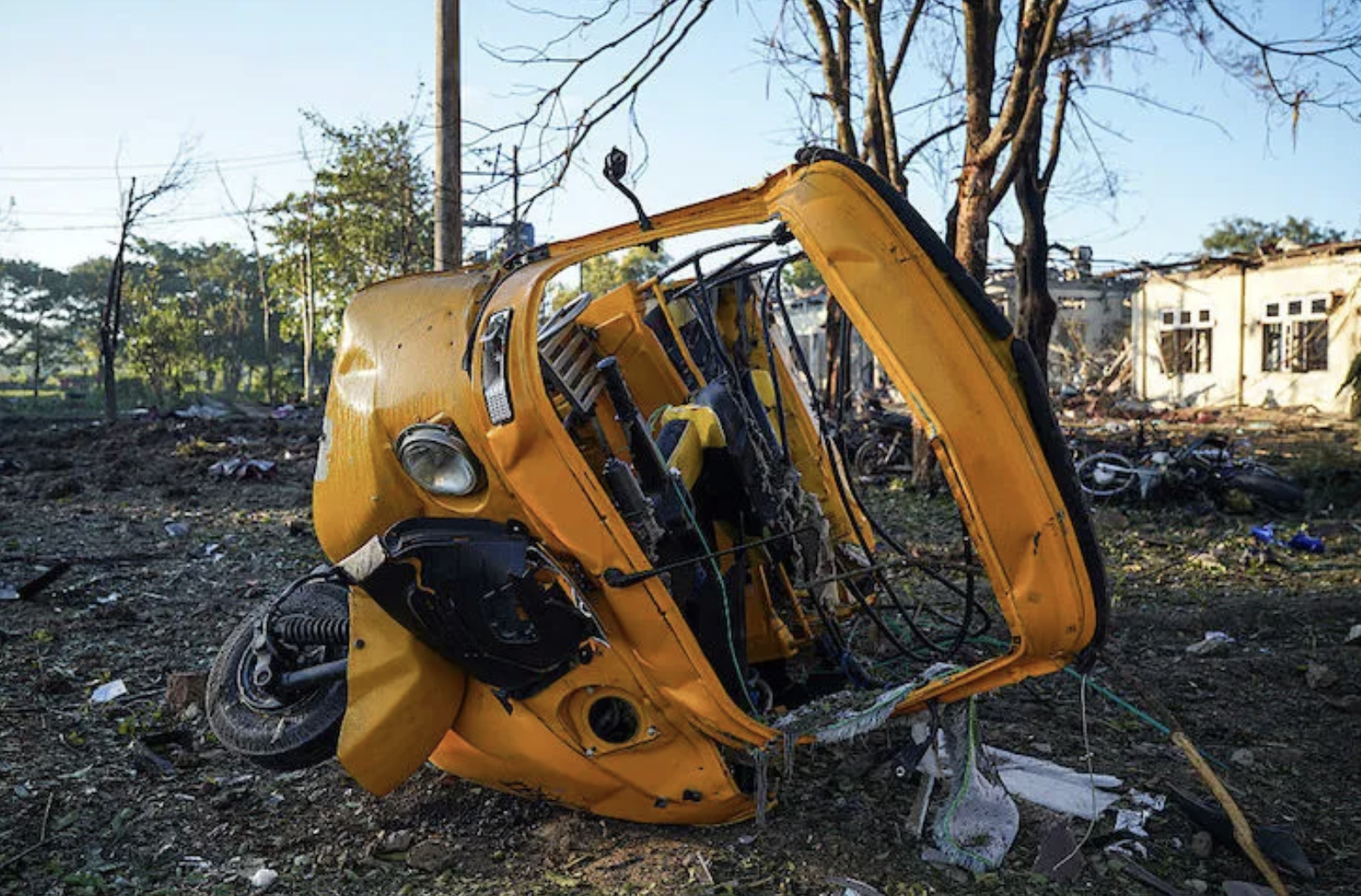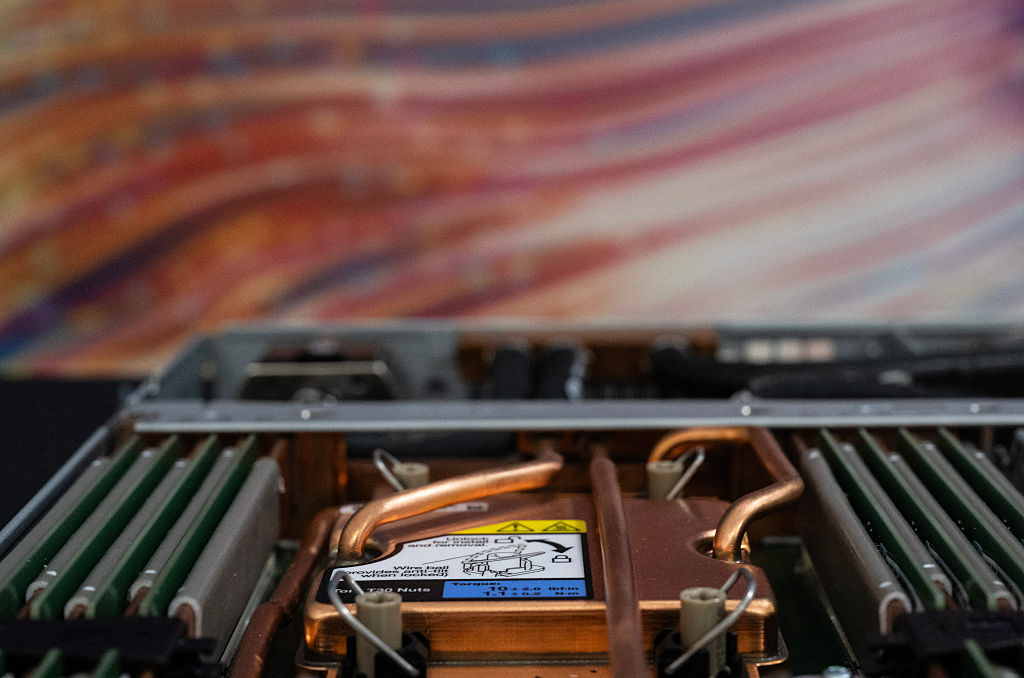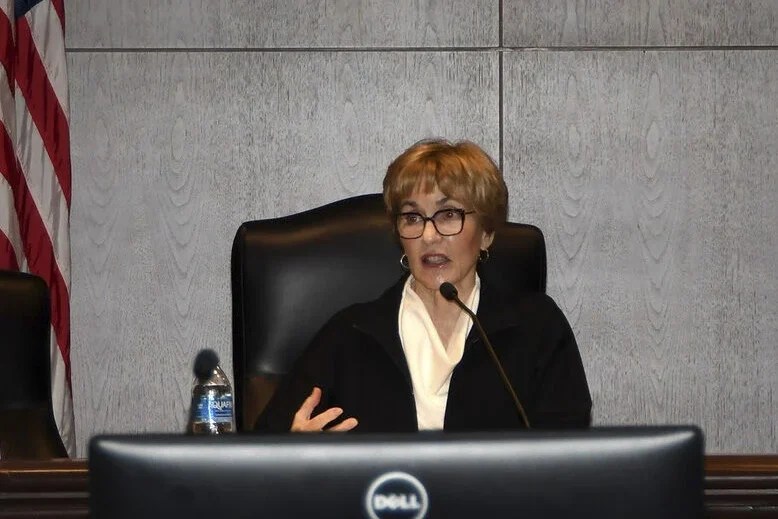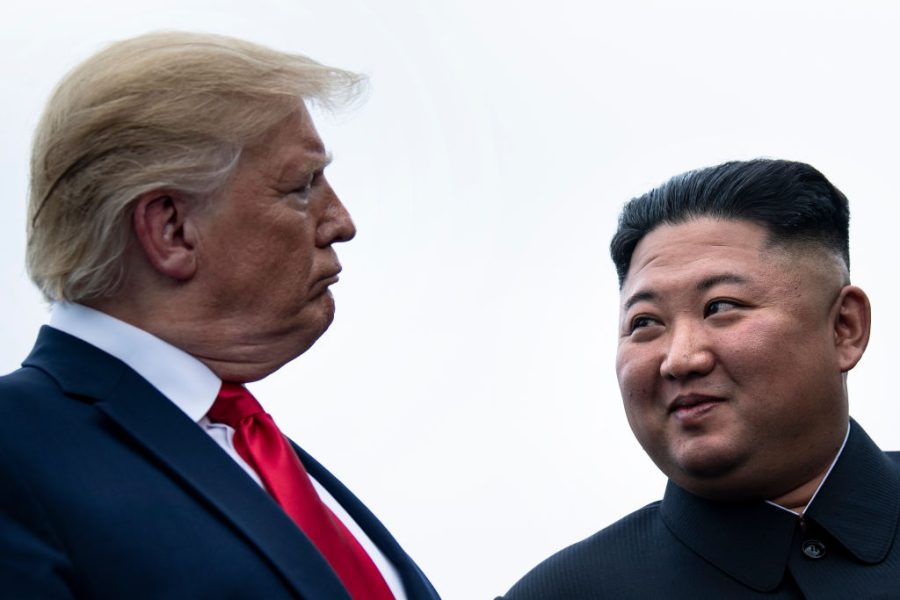South Korean president Yoon Suk-yeol has been arrested after police officers scaled fences and cut through barbed wire to detain him in his luxury Seoul residence. Suk-yeol, the first ever sitting South Korean leader to be taken into custody, was held in connection with his failed attempt to impose martial law last month. But while South Korean authorities have finally got their man, this is far from the end of the saga.
Yoon’s talk of ‘bloodshed’ was probably hyperbolic
A motorcade believed to be carrying the president was seen leaving his compound and he appears to be being held at the CIO (Corruption Investigation Office) headquarters in the nearby city of Gwacheon. This was the second attempt by CIO officers and police to arrest Yoon following the failed attempt on January 3, when 200 members of the PSS (Presidential Security Service) blocked the way. Details of what exactly happened this morning are still sketchy but it is being reported that Yoon climbed down as investigators were climbing up, literally, into his residence using ladders brought along to evade an anticipated blockade. The Korean Herald reported that on this occasion there was little resistance from the PSS as their officers had become increasingly reluctant to carry out orders of dubious legality. Some had apparently chosen to take leave rather than have anything to do with this debacle.
Yoon released a pre-prepared video message this morning stating that he did not accept the legal status of the investigation but had decided to submit to questioning to avoid “bloodshed.” A catalyst for today’s action was Yoon’s failure to appear in court on the first day of his impeachment trial (voted for by the national assembly on December 14) on Tuesday which led to the hearings being adjourned.
Yoon can be held for forty-eight hours under the current warrant; this could be extended by up to twenty days with a fresh one. Along with the criminal proceedings, he has the constitutional court to contend with. It is unclear whether he will now attend his impeachment hearings (five sessions in February are scheduled) or send his lawyers. At worst he could face a hefty fine or even imprisonment (the death sentence is theoretically possible but won’t happen) for the criminal case, and removal from office in the constitutional one.
There will be considerable relief in South Korea that the situation appears to have deescalated and Yoon is, to some extent at least, cooperating. His talk of “bloodshed” was probably hyperbolic but there had been genuine fear that things were spiraling out of control. The PSS is an armed unit and Yoon’s cause had attracted passionate support from a section of South Korean society convinced that he was being targeted for his attempts to challenge a sinister “anti-state” (Yoon’s words) cabal that were seeking to thwart his democratic mandate.
It is being reported that the force assembled at his residence today had been told to prepare for a siege of up to three days, and to bring phone battery chargers, a change of clothes, and even diapers (!). On Monday, acting president and finance minister Choi Sang-mok had urged a peaceful resolution and said in a statement that: “Any armed conflict that occurs between national institutions would leave an unhealable scar.”
Whether this was all brinkmanship or not, it may well have had an effect. There had been signs that Yoon’s men had been seeking a compromise in recent days. The president’s office had called on the authorities to stop treating Yoon like “a (member of a) drug cartel in South America” which suggested it was the manner of their execution, rather than the actuality of the proceedings that was unacceptable.
A written statement from Yoon’s chief of staff promised the cooperation of the president’s office if the ICO agreed to interview him in his residence, or at a less humiliating location than an interrogation room at police headquarters. “I’m not asking for special treatment for president Yoon,” said Ching Jin-suk, adding all Yoon asks is “the right enjoyed by all citizens in a liberal democracy to defend themselves.”
The whole saga appeared to have turned into a game of chicken with the entire nation. Those outside the country, not least in Japan, where the story leads the NHK news today, have been wondering who would blink first. In the end Yoon did, though the PSS effectively decided the matter. My contact, a former member of the service, told me that all communications with his former comrades had abruptly ceased a few days’ ago, which suggested a significant collective change. Without the commitment of the PSS, Yoon was essentially defenseless.
Still, given Yoon’s defiance, how much is at stake, the legal complexities, and the fact that he still seems to command the support of a significant minority of South Koreans (either hard core conservatives or those who just found the treatment of their elected president excessive), this may be the end of the beginning of this story, it may not be the beginning of the end.



